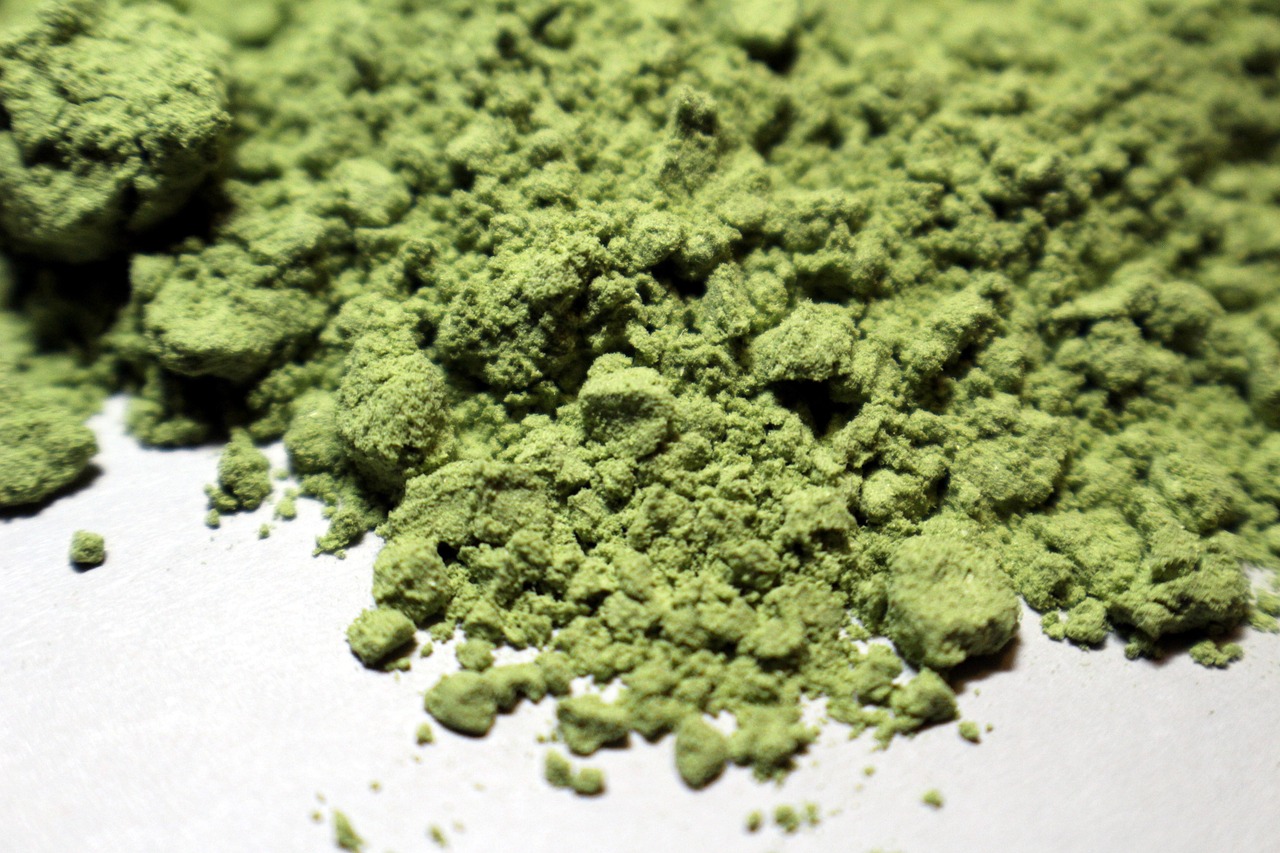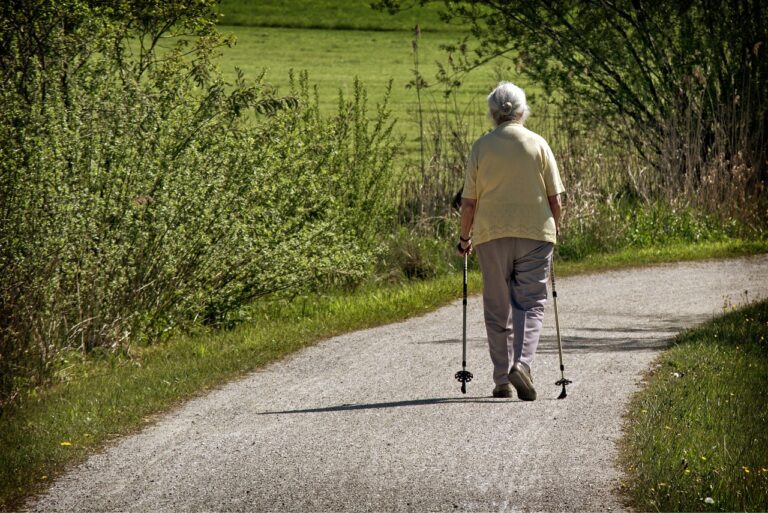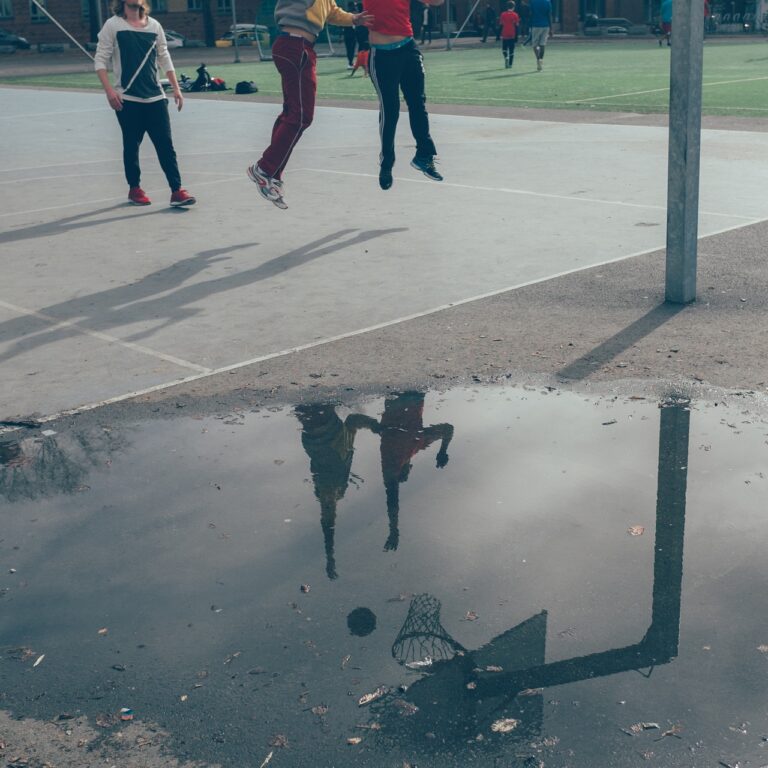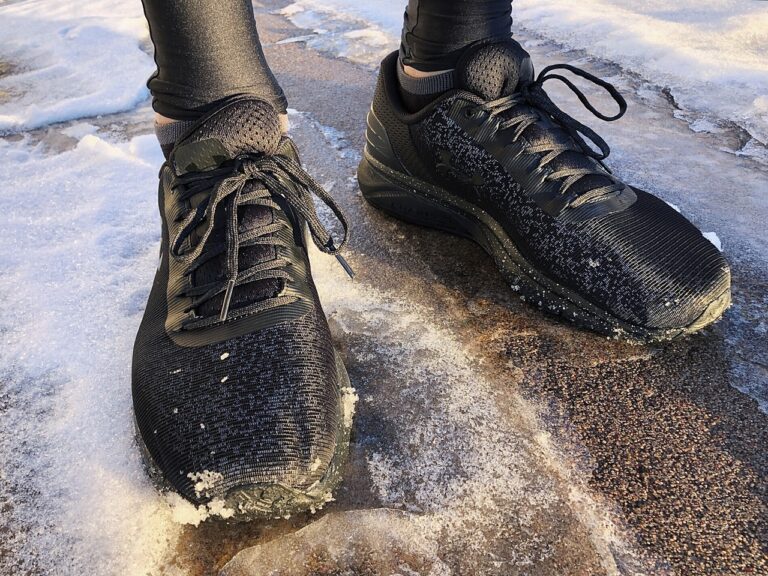Understanding the Link Between Social Media Use and Mental Health
Social media has become an integral part of daily life for many individuals around the globe. It has revolutionized how people communicate, connect, and share information. However, along with its many benefits, social media also poses potential risks to mental health. Studies have shown a correlation between excessive social media use and feelings of anxiety, loneliness, and low self-esteem. The constant exposure to curated and often idealized versions of others’ lives on social media platforms can lead to unrealistic comparisons and feelings of inadequacy.
Furthermore, the addictive nature of social media can contribute to poor sleep quality and patterns, ultimately impacting mental well-being. The incessant scrolling through feeds and constant notifications can disrupt sleep routines and lead to increased levels of stress and fatigue. This cycle of overstimulation and lack of restorative sleep can have detrimental effects on cognitive functions and emotional regulation, further exacerbating mental health challenges.
• Social media has revolutionized communication and connectivity
• Studies show correlation between excessive social media use and anxiety, loneliness, low self-esteem
• Constant exposure to idealized versions of others’ lives can lead to unrealistic comparisons
• Addictive nature of social media can contribute to poor sleep quality
• Incessant scrolling through feeds disrupts sleep routines
• Lack of restorative sleep can have detrimental effects on cognitive functions
The Connection Between Social Media Use and Anxiety
Social media platforms have become a pervasive part of daily life for many individuals, with constant access to news feeds, notifications, and updates. The continuous exposure to carefully curated posts and images can often lead to feelings of inadequacy and comparison, which may contribute to increased levels of anxiety among users.
Moreover, the pressure to maintain a certain online persona or a high number of “likes” and “shares” can further exacerbate feelings of anxiety. Studies have shown that excessive time spent on social media can disrupt sleep patterns, increase feelings of isolation, and create a sense of FOMO (fear of missing out), all of which can heighten anxiety levels in users.
Depression and Social Media: Exploring the Relationship
Social media platforms have become integral parts of modern life, offering avenues for connection, information sharing, and self-expression. However, recent research has highlighted a concerning association between social media use and increased rates of depression. Individuals who spend excessive time scrolling through timelines and comparing their lives to carefully curated online personas may experience feelings of inadequacy and isolation, contributing to depressive symptoms.
Moreover, the incessant exposure to idealized images and unattainable standards on social media can lead to a distorted sense of reality and self-worth. The constant pressure to present a perfect image online can exacerbate feelings of worthlessness and self-doubt in individuals struggling with depression. This cycle of comparison and self-criticism fueled by social media usage may reinforce negative thought patterns and hinder recovery from depressive episodes.
Can social media usage contribute to depression?
Yes, research has shown that excessive use of social media can be linked to feelings of loneliness, inadequacy, and depression.
How does social media impact mental health?
Social media can impact mental health by promoting unrealistic standards, creating feelings of comparison, and causing increased levels of anxiety and stress.
Is there a connection between social media use and anxiety?
Yes, studies have found that spending too much time on social media platforms can increase feelings of anxiety and contribute to negative self-esteem.
How can individuals protect their mental health while using social media?
Individuals can protect their mental health by setting time limits for social media usage, curating a positive and supportive online environment, and seeking support from friends and professionals if needed.
What are some signs that social media may be negatively impacting one’s mental health?
Signs that social media may be negatively impacting mental health include feelings of inadequacy, increased anxiety, disrupted sleep patterns, and a decrease in overall well-being.







